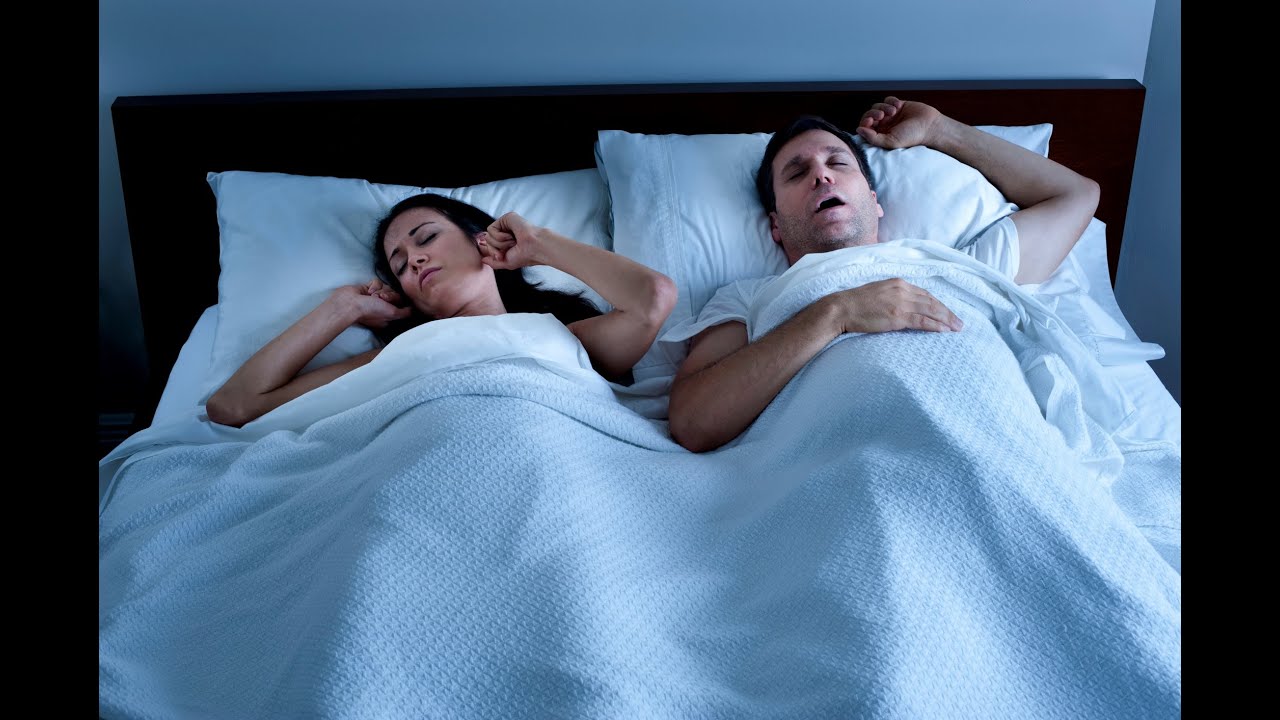
Empowering Dentists: Making Oral Appliances for CPAP Noncompliance
Continuous Positive Airway Pressure (CPAP) machines have revolutionized the treatment of sleep apnea, significantly improving patients’ lives. However, CPAP therapy isn’t a one-size-fits-all solution, and some patients struggle with compliance. This is where dentists can play a crucial role in improving patient outcomes. In this article, we’ll explore how dentists can make oral appliances to help individuals who are noncompliant with CPAP therapy.
Understanding CPAP Noncompliance:
CPAP therapy involves wearing a mask connected to a machine that delivers a continuous stream of air pressure to keep the airways open during sleep. While effective, some patients find CPAP treatment uncomfortable or claustrophobic. They may experience issues with mask fit, air leaks, or noise, which can lead to noncompliance.
The Role of Dental Sleep Medicine:
Dental sleep medicine focuses on addressing sleep-related breathing disorders, including sleep apnea. Dentists who specialize in this field can provide alternative treatments to CPAP therapy, with a particular focus on oral appliances.
Making Oral Appliances for CPAP Noncompliance:
- Assessment: The first step is a comprehensive evaluation of the patient’s sleep apnea condition. Dentists should gather medical history, conduct a thorough examination of the oral and pharyngeal structures, and possibly recommend a sleep study.
- Customized Design: Based on the patient’s specific needs, the dentist designs a custom oral appliance. These devices are typically made of acrylic and fit comfortably in the mouth, resembling a mouthguard or retainer.
- Adjustment and Fitting: Dentists carefully adjust and fit the oral appliance to ensure it’s comfortable and effective. Patients may require some time to adapt to wearing it during sleep.
Advantages of Oral Appliances for CPAP Noncompliance:
- Comfort: Oral appliances are often more comfortable than CPAP masks, making them a viable alternative for noncompliant patients.
- Non-Invasive: Unlike surgery, which is another option for sleep apnea, oral appliances are non-invasive and reversible.
- Portable: Oral appliances are small and easy to transport, making them suitable for travel.
- Increased Compliance: Many patients find it easier to comply with treatment when using an oral appliance, leading to better long-term outcomes.
Dentists’ Role in Improving Sleep Health:
Dentists who offer oral appliances for sleep apnea treatment play a crucial role in helping patients achieve better sleep health. They can collaborate with sleep physicians, provide patient education, and offer ongoing support.
Noncompliance with CPAP therapy doesn’t mean the end of the road for patients with sleep apnea. Dentists specializing in dental sleep medicine can make a significant difference by providing effective and comfortable oral appliances tailored to individual needs. By taking on this role, dentists contribute to better sleep health and a higher quality of life for their patients.
If your patients or a loved one struggles with CPAP noncompliance, consider adding dental sleep medicine to your dental practice! Call us at 1-888-608-4985 or request a free consultation.

